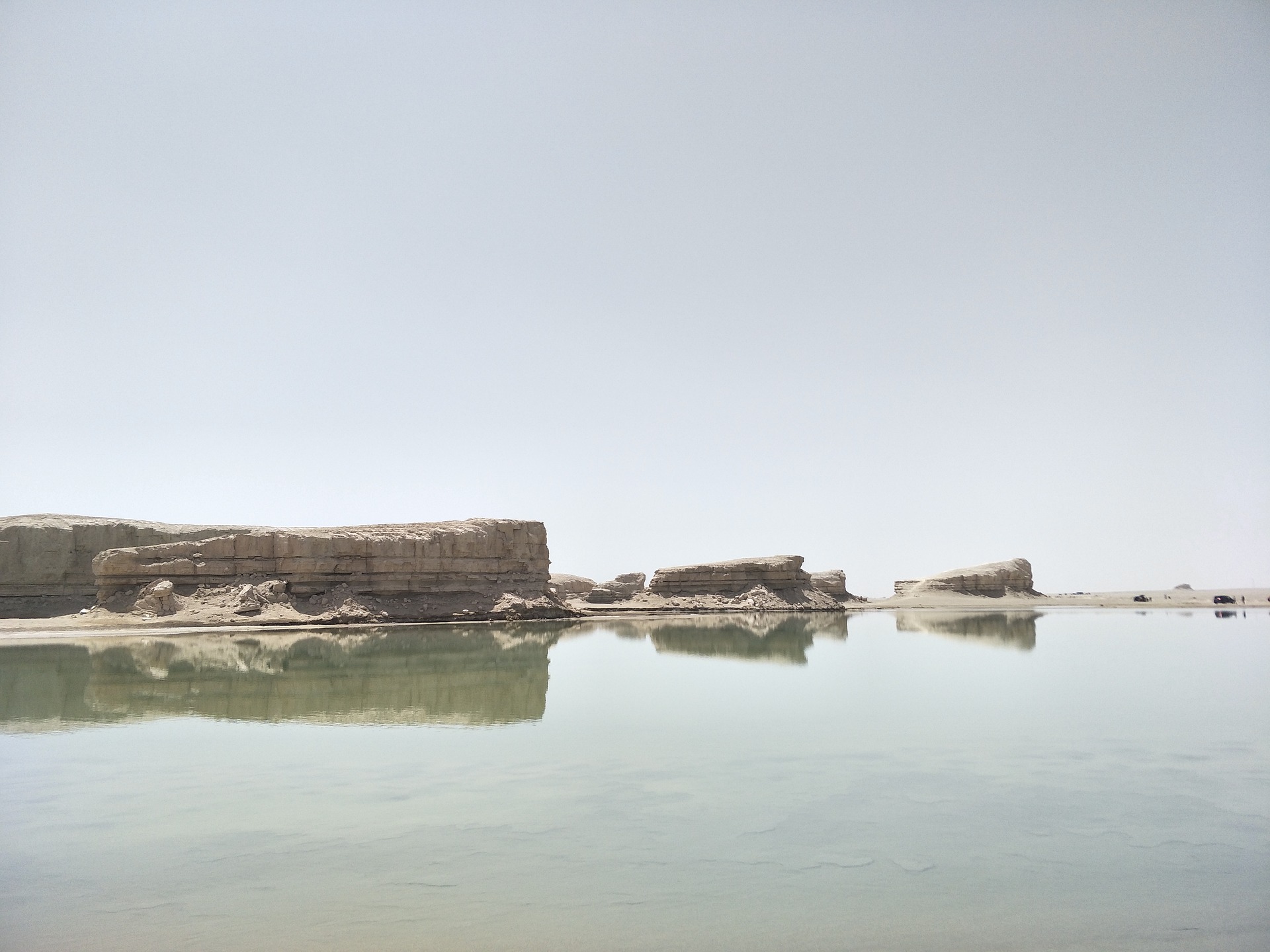We are a few buckets away from anarchy
I recently had the experience of losing my electricity, my heating and finally my water supply during the recent freeze caused by the “Beast from the East”.
There has been a great deal of discussion about the impact of the cold spell on British businesses, schools and the economy as a whole, but limited analysis was made of the fragility of the nation to our water supplies, something we take for granted. I lost access to water for four days at my home.
It was the first time in my life I have ever turned on a tap at home and had no access to running water, something I realise makes me an extremely fortunate human being. Indeed, if you are reading this the chances are that you have never contended with a water shortage, or feared death from thirst.
It’s something we have conquered in the developed world, but something that we unnecessarily take for granted. Indeed the water we have is wasted on trivial activities (not by myself admittedly but by many) such as car washing and long, luxurious baths.
We are so accustomed to not going without water that being cut off from the water supply suddenly reminded me how much water I go through in a day, and how much of the stuff we need to keep ourselves alive. In addition to the obvious consequences of poor sanitation and not being able to wash, etc (fortunately I was able to use my gym membership for these tasks), there is a sort of rabid fear that comes over you as a human being, the immediate fear of death if you do not drink.
Evolved as we have over hundreds of thousands of years, starting out in hunter gatherer bands in the Savannas of Africa, a desire for water and food is among our most powerful drivers. Indeed, I felt a rush of sympathy (mixed with fear) for the people of Cape Town, currently heading towards Day Zero.
Interestingly, two years ago I witnessed a debate at the Battle of Ideas in London over the issue of water shortages and how they might flare up existing conflicts into terrifying battles over limited water resources. Hopefully progress can be made in helping to propagate the spread of desalination and related water technologies.
Desalination is an energy intensive process, which is why solar powered desalination plants are so important to the future survival of the human race in the warmer latitudes of this planet.
While I shrugged off the relative discomfort of not having electricity for a while (I enjoyed the peace in some ways), and losing heating was very unpleasant in the midst of the bitter chill that descended upon these isles, the loss of water is something that creates the possibility that in times of intense pressure, immediate social unrest and violence would entail.
Hence, while climate change is the most pressing problem facing our survival, it is allied to related issues around population management, and water consumption/management. To avoid a Mad Max style scenario, I hope we can act in time.

Be the first to comment on "What I learned from losing my water"